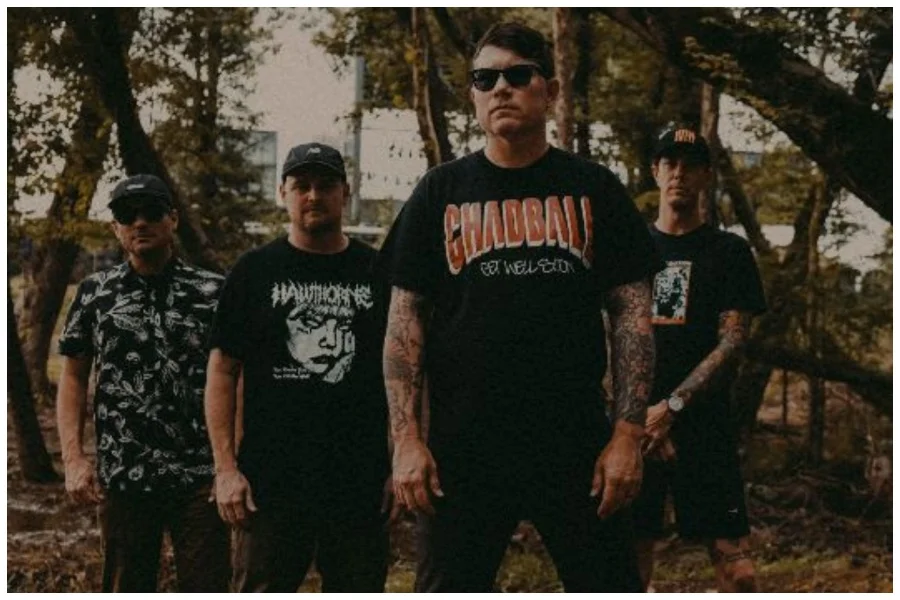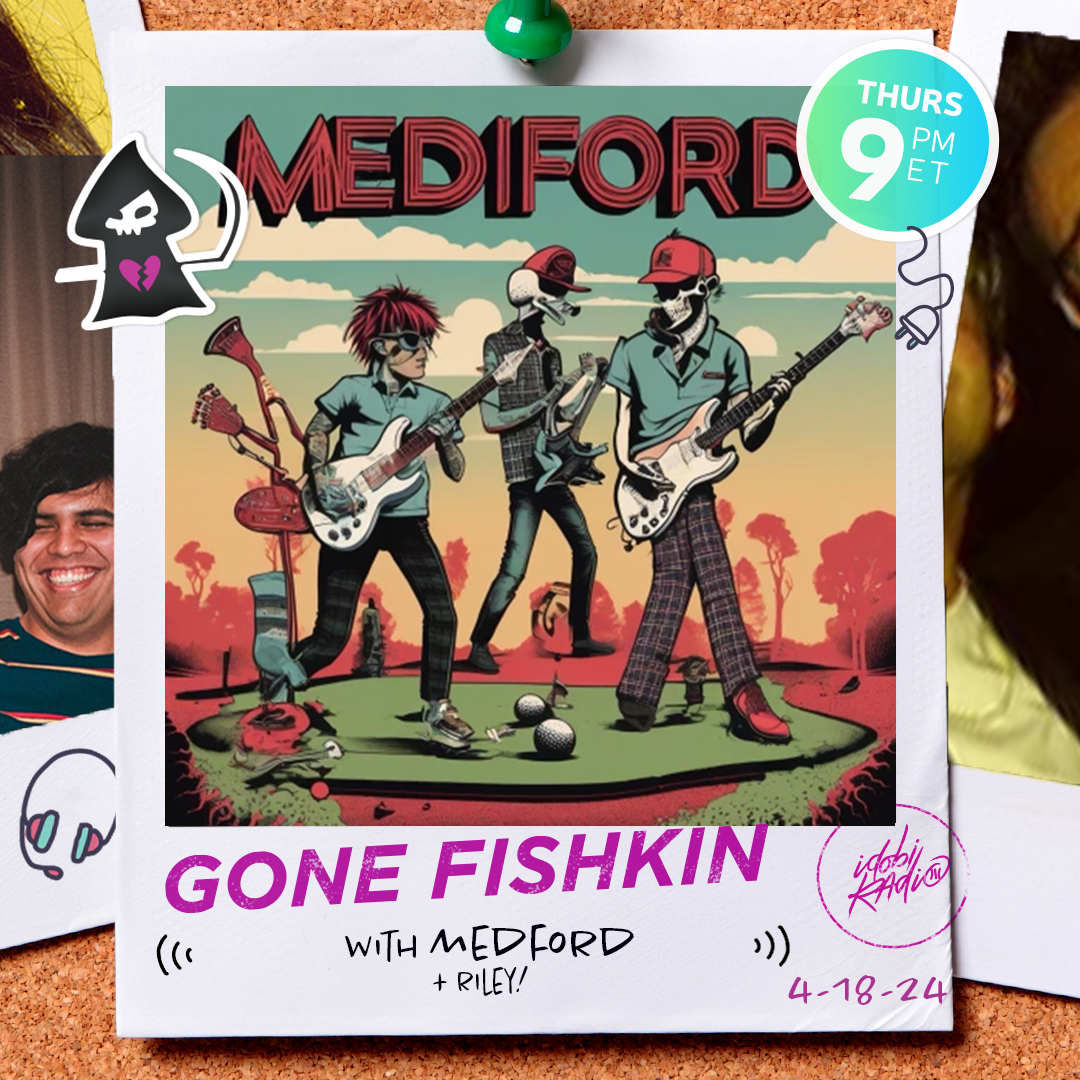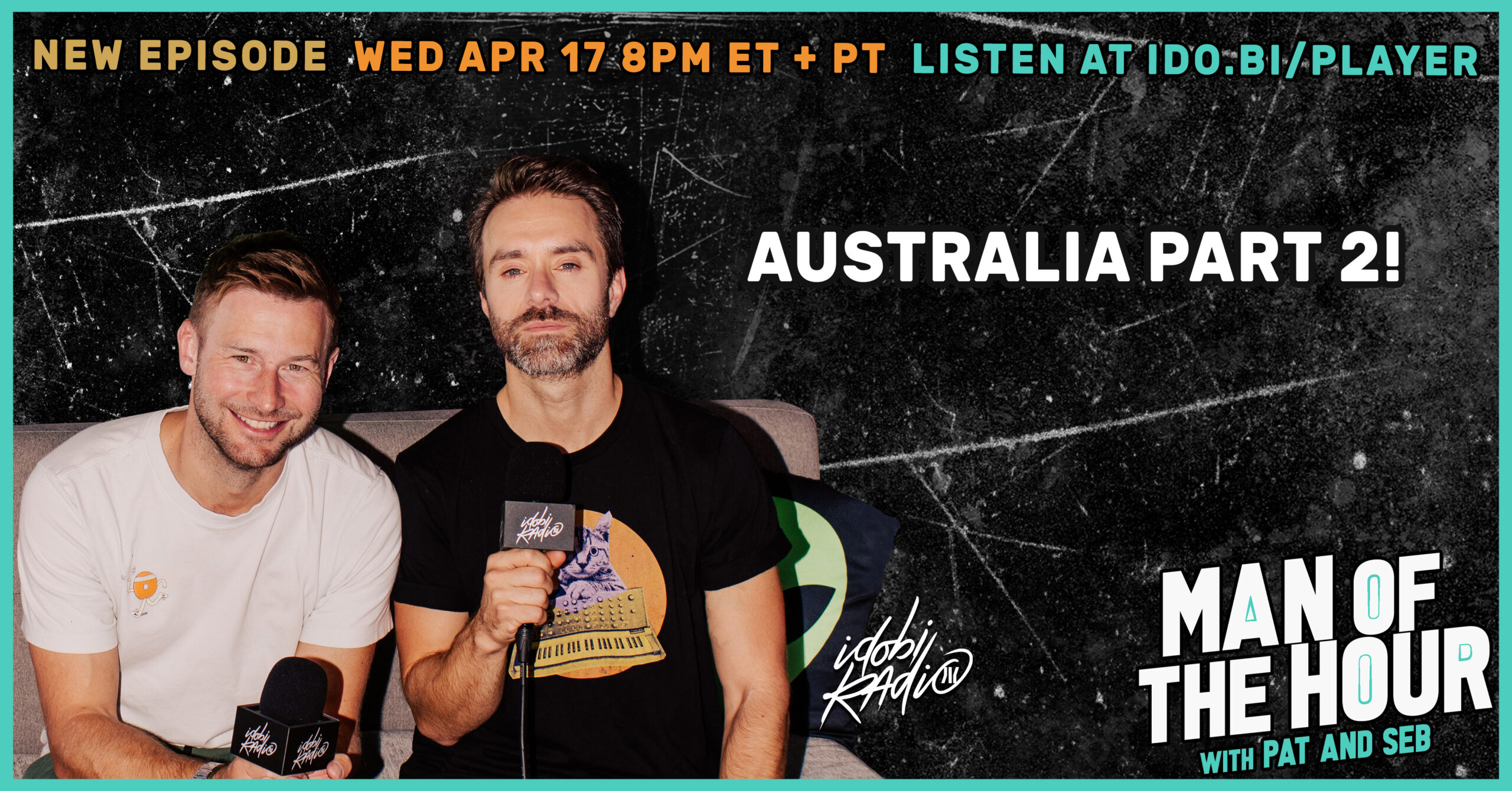With Napster a shell of its former self and services like MP3.com paying hefty tribute, record labels are poised to conquer cyberspace with their own streaming and downloading services.
Ironically, only one thing stands in the way: copyright.
Record companies aren’t the only ones that hold copyright on music recordings. Music publishers, who represent lyricists and composers, do too – owning the rights to the piece of music itself. For every copy a record company distributes, the publisher gets a small cut. That’s how the people who write the songs get paid.
Suddenly, the industry finds itself on the other side of a copyright fight.
Last November, it was big news when MP3.com settled the last outstanding suit against it, agreeing to pay Universal Music Group $53 million for the privilege of making Universal’s library available for streaming.
What didn’t make the headlines was when, just three weeks later, the Rodgers and Hammerstein Organization and the Songwriters Guild of America, along with other artists and publishers, sued Universal’s new website, called the Farmclub Online, for letting users download music without paying royalties to the people who wrote and published the songs.
The very first line of the suit makes clear that the irony of the situation had not slipped away unnoticed. “UMG Recordings has decided to engage in the very same infringing activities that UMG itself – in a recent and highly publicized lawsuit – successfully challenged in this court.”
In its petition to the copyright office, the RIAA made some arguments that could have come straight out of MP3.com’s defense playbook.
In short, the industry is arguing that present copyright law makes it difficult to launch an online music service. It has asked the copyright office to interpret the law to permit it to sell streams under a compulsory license from publishers. This would be in the best interests of all parties, the RIAA said, by allowing “legitimate” online music services to thrive.
The industry’s stunning turnaround – of not stifling the online music industry by demanding strict compliance with copyright – hasn’t gone unnoticed. Smelling vindication, its adversaries have stopped licking their wounds and started licking their chops.
The RIAA has battled hard to collect royalties from webcasters, successfully lobbying Congress to pass a law in 1995 requiring royalties for a “digital performance” of music. The industry recently won a battle to have Web simulcasters like KPIG pay too, even though analog radio broadcasters don’t have to pay record companies anything. That money goes to the performers and songwriters.
Webcasters do have the kind of “compulsory” license the RIAA wants from publishers (you don’t need permission to play a song, but you do have to pay a royalty), but only with severe restrictions lobbied for by the recording industry.
For example, webcasters can’t play more than three songs in a row from a single album, and can never publish playlists in advance. What has always been out of the question for webcasters is getting a compulsory license for the kind of interactivity (letting listeners choose songs) that the recording industry now wants for its own “on-demand streaming” business.
Goldsmith thinks the industry’s take-no-prisoners strategy may backfire. “They’re pissing off the artists,” he said. “If they piss off online radio too, what’s to prevent a system that doesn’t involve the recording industry at all? They’re encouraging the development of an alternative relationship between producers and radio stations.”
Despite repeated attempts, neither the RIAA nor the NMPA could be reached for comment on this story.





























